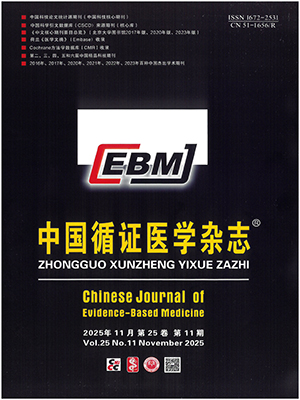Simulation-based medical education is becoming increasingly common. In this paper, the status and goal of SBME development is analyzed after a brief introduction of SBME. Secondly, the essentiality and possibility of bringing SBME to a situated paradigm are clarified, because there are rich implications for situated cognition as the theory foundation of SBME. As a main discussion point, eight practical situated designing principles for SBME in theoretical and practical contexts are then expounded. Finally, a specific attitude toward the relationship between theory and practice for the SBME teachers is also elucidated.
Citation: QIAN Xuyang,WANG Wei. The Simulation-Based Medical Education (SBME) and Its Situated Design Paradigm. Chinese Journal of Evidence-Based Medicine, 2009, 09(10): 1127-1130. doi: 10.7507/1672-2531.20090200 Copy
Copyright ? the editorial department of Chinese Journal of Evidence-Based Medicine of West China Medical Publisher. All rights reserved




